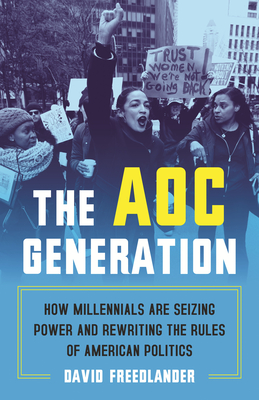What do you think?
Rate this book


232 pages, Hardcover
Published March 30, 2021
“A society in which you have healthcare for everybody, housing for everybody, enough food for everybody, anybody can have as much education as they want,” said Frank Llewellyn, a founding member of DSA, a former national DSA president, and the treasurer of AOC’s campaign.
In Llewellyn’s formulation, there is no mention of destroying private property, liberating the proletariat, or nationalizing industries. There isn’t even any talk of the plutocrats, or the millionaires and billionaires who have a stranglehold on our democracy, or the corporations looting the nation’s wealth. It is a message more focused on lifting the bottom of the ladder upward than shrinking the top.
“Our goal is not to fix capitalism,” he added. “It is to change capitalism into something else.”